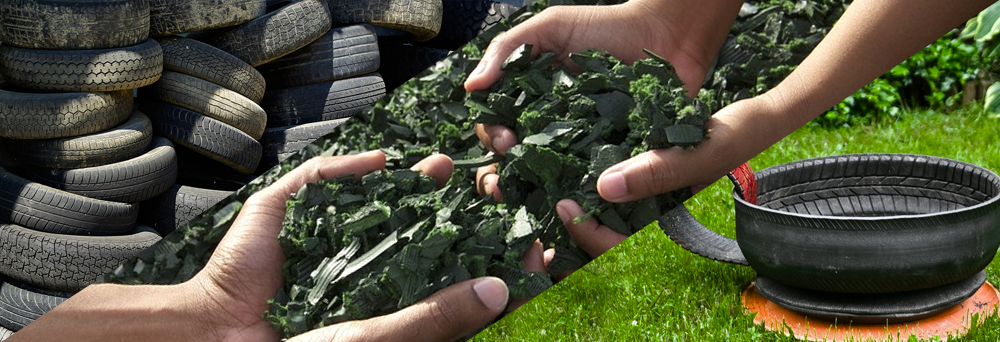January 25, 2017
Teaching Kids the Value of Recycling

How can parents teach their kids the value of recycling through field trips?
Parents can organize educational field trips to places like bottle recycling centers, crafts workshops using recycled materials, or rubber mulch facilities. Although these might not seem as thrilling as amusement parks, they offer valuable lessons on how items considered "junk" can be transformed into useful products. Parents can arrange for guided tours, suggest these trips for school field trips, or volunteer at these centers with their kids. This hands-on experience helps children understand the practical aspects of recycling and its impact on the environment.
What are some fun activities that can encourage children to recycle?
Making recycling a fun and engaging activity is key. Parents can challenge their kids to repurpose recyclable items, such as plastic bottles or cardboard rolls, into toys or sculptures. This not only teaches them about recycling but also fosters creativity, imagination, and problem-solving skills. Additionally, using color-coded bins for different recyclable materials and creating a competitive recycling challenge with rewards can make the process more exciting for children, instilling the habit of recycling in an enjoyable way.
How can parents help their children recognize recycled products?
In today's world, many recycled products look no different from new items, so it's important to help children identify them. Parents can create a list of commonly used recycled products, such as toilet paper or school supplies, and teach their kids to recognize these items. Highlighting the presence of recycled materials in everyday life, like rubber mulch in playgrounds, helps children understand the widespread impact of recycling. This awareness shows them that they're part of a larger "recycling revolution," reinforcing the importance of their contributions to environmental sustainability.
Why is it important for parents to lead by example in teaching recycling?
Children learn significantly through observation and imitation. If parents talk about the importance of recycling but don't practice it themselves, the message loses credibility. To effectively teach recycling, parents need to actively participate in it, such as by minimizing waste, engaging in recycling activities, and being involved in community efforts. Demonstrating these practices at home and in daily life shows children the real-life application of recycling principles and reinforces the importance of these habits for a sustainable future.
Can you provide more details on how a recycling challenge can be structured for kids?
A recycling challenge for kids can be structured as a fun and educational competition. Parents can set up different bins for various recyclable materials, like plastics, paper, and metals, and encourage kids to sort their recyclables accordingly. To add a competitive element, children can keep track of how much they recycle each week. This can be turned into a point system, where each type of recyclable material is worth certain points. At the end of the month, the points can be tallied, and the child with the most points could receive a reward. This method not only teaches kids about recycling but also about organization, responsibility, and the value of participating in environmental conservation efforts.

Also in Rubber Mulch Blog

Embracing Eco-Friendliness by Choosing Rubber Mulch for Your Playground
June 17, 2025
“Reuse, Recycle, and Reduce” are three main aims when it comes to preserving the health of our planet. Rubber mulch definitely falls within their scope. Conserving resources, energy efficiency, and better health for kids are all rubber mulch benefits.

Effective Mold and Fungi Prevention: The Hidden Value of Rubber Mulch
October 31, 2024

Create Your Own Sensory Path with Rubber Pavers
October 28, 2024
shop
Copyright © 2025 RubberMulch.com - All Rights Reserved.






